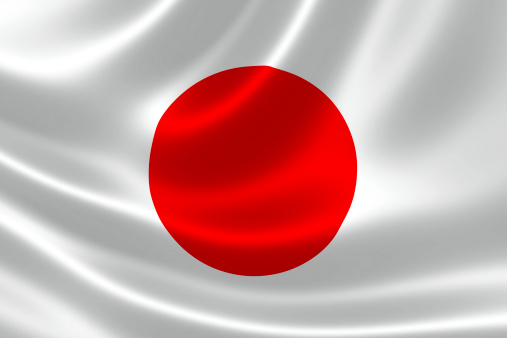Manufacturing Slump Deepens: Japan's Industrial Sector Hits 10-Month Low

Japan's manufacturing sector continues to face significant challenges, with the latest Purchasing Managers' Index (PMI) revealing a concerning downturn. The January manufacturing PMI was finalized at 48.7, marking a notable decline from December's 49.6 and signaling the most substantial contraction in industrial output since March 2024.
The sharp drop reflects deepening economic pressures, as manufacturers grapple with persistently weak demand and shrinking new order volumes. Companies across the industrial landscape are being forced to adjust their production strategies, scaling back operations in response to the challenging market conditions.
This ongoing contraction underscores the persistent headwinds buffeting Japan's manufacturing sector, suggesting that businesses are navigating a complex economic environment characterized by subdued consumer spending and global economic uncertainties. The continued decline below the critical 50-point mark indicates a sustained period of economic contraction that may require careful monitoring and potential policy interventions.

